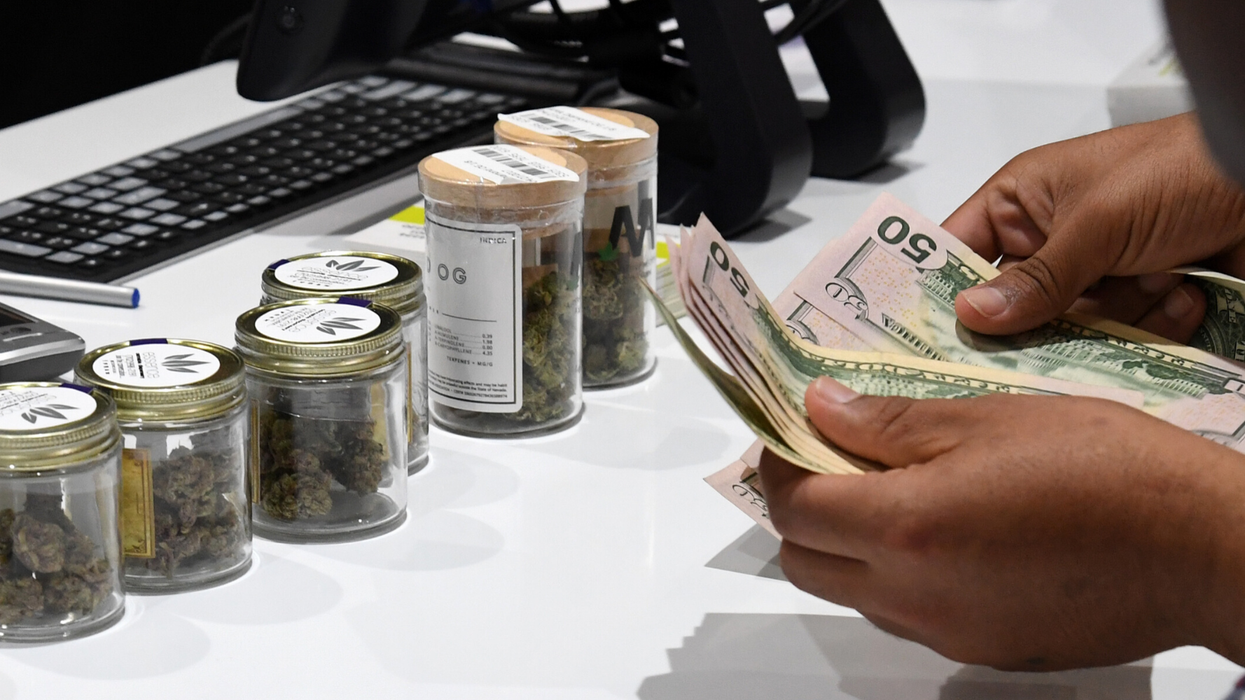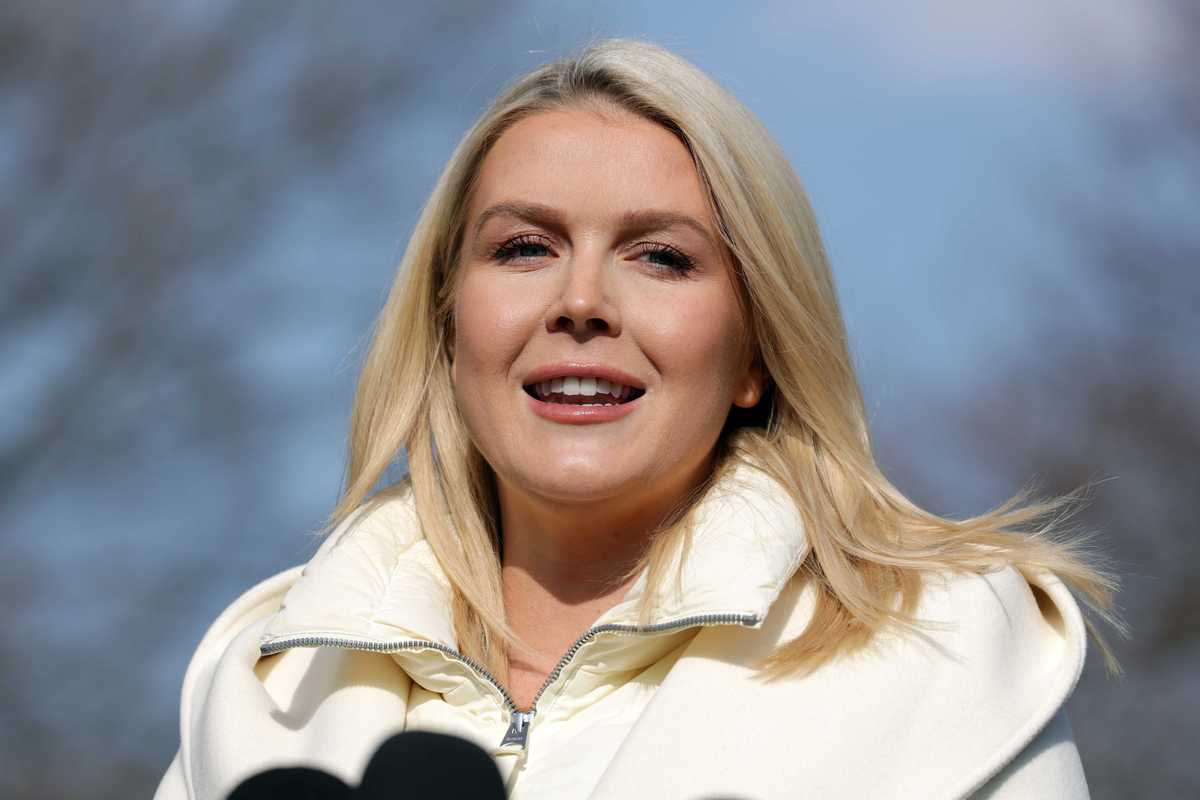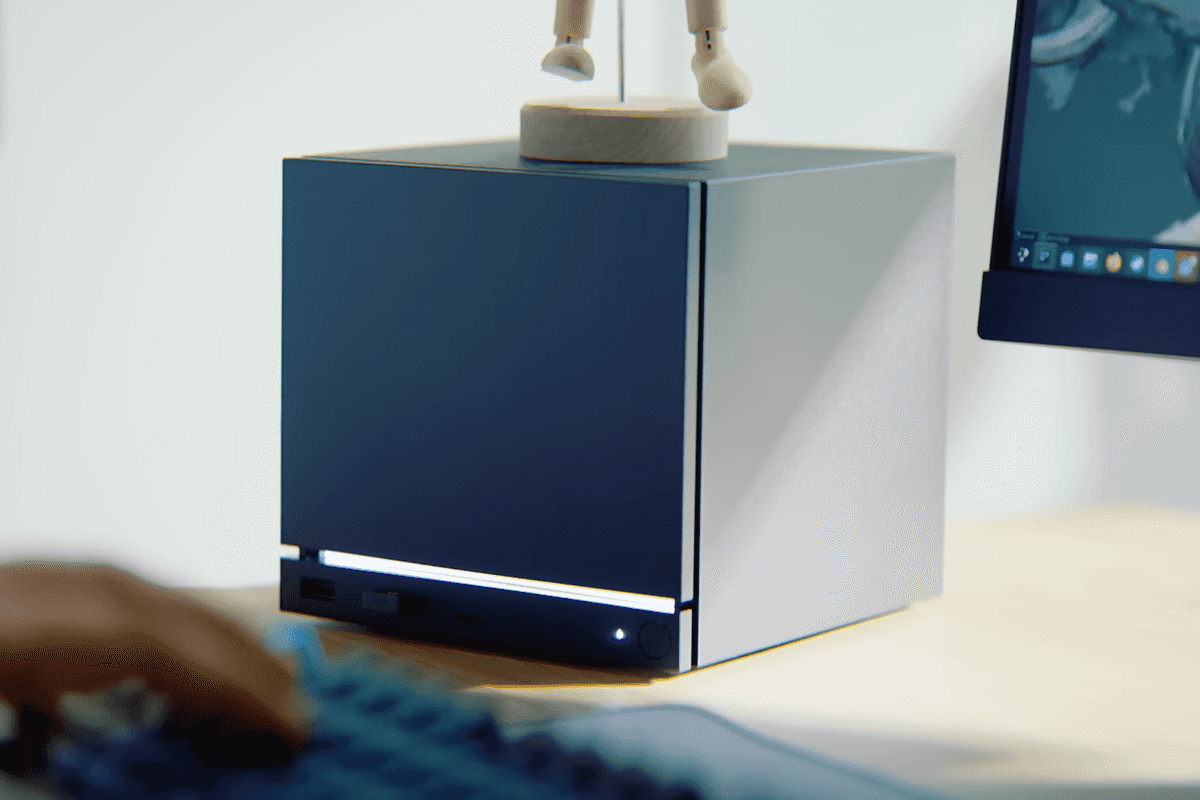
Around the world, precautions against the spread of coronavirus have meant that people are confined to their homes for a while. Everyone has their own plans, which has included stockpiling loo roll, food and medicine.
For people who realise that they may want to relax, those preparations include stockpiling cannabis too – in Canada, the Netherlands, and states in the US where cannabis is legal to buy, the coronavirus lockdown has caused a surge in demand for cannabis products, particularly online and at dispensaries.
As more people are confined to their homes, and can’t get out to unwind in other ways, they bought cannabis products at higher rates, and in bigger amounts than they have before.
Now that lockdown measures have been in place for several weeks, cannabis companies and other retailers have been able to take stock of how their businesses have fared.
In the middle of March, several marijuana businesses throughout the US saw a spike in people buying all kinds of products. People also tended to be buying it in larger quantities than they would normally.
In California, sales had gone up 159 per cent compared to the sales in March of 2019.
In general, the legal cannabis industry is a growing one, so there will be more people buying it "officially" than the year before. Even so, the kind of spike that cannabis business owners around the world saw in mid-March coincided exactly with announcements of cannabis lockdowns.
But is this a good thing? Information from the World Health Organisation suggests that smoking cannabis can weaken the lungs, which isn't a good thing when we have a global pandemic of a virus which attacks the respiratory system.
However, it seems people may have thought of this.
Data from Headset suggests that while sales of cannabis were up 10 per cent, edibles surged in demand too – by 28 per cent – and that people are shifting away from pre-rolled products when thinking about what they would want to stock up on for a few weeks.
In Ontario, Canada there were almost 3,000 orders on the last Saturday before full lockdown at the Ontario Cannabis Store. That was an 80 per cent increase over a typical Saturday.
Daffyd Roderick, the communications director at the OCS, said that they had seen a significant increase in demand for same-day and next day delivery options, in addition to a higher volume of purchases.
Other cannabis stores, in the province of Quebec, also said that they had seen a spike in sales of cannabis over the weekend. Additionally, many shops have started to operate a click and collect service – where people can come and pick up their orders themselves. These kinds of services could offer a chance for people to keep stocked up on the products they want, but they minimise social contact as much as possible. Measures like this are possible in Canada, where individual provinces maintain a monopoly on the sales of cannabis – so they can implement changes more quickly than elsewhere.
In the Netherlands, photos circulated on social media of people in towns and cities lining up to buy cannabis and weed from coffee shops before a government-imposed quarantine would put the country on lockdown.
While cannabis is illegal in the Netherlands, it is decriminalised for personal use, and posts from social media users showed lines of more than 20 or 30 people waiting to stock up in various cities, from Amsterdam to Utrecht.
The day after the announcement was made, cafes and coffee shops were allowed to re-open as long as they were only offering takeaway services.
The situation around cannabis in the US is different from places like Canada and the Netherlands because federal policy governs whether cannabis is legal, as well as whether there are other restrictions on what dispensaries can do with their stock. In eight states that have imposed stay-at-home orders, recreational cannabis can still be sold, and over 15 others have continued to allow the sale of medical cannabis only.
In states like California and Washington, dispensaries have reported huge increases in demand for their products since mid March.
In Oakland, a dispensary’s whole supply was sold out by 2pm on the day that the lockdown measures were announced.
Delivery services in San Francisco said they had seen an increase in demand for cannabis delivery too, although they weren’t as severe as recent spikes.
In Pennsylvania, Governor Tom Wolfe declared marijuana dispensaries an essential business, which brought in changes that had otherwise been passing slowly through legislation. Telemedicine – where people are prescribed medication over the phone – mean cannabis has become much more accessible, and for people who needed cannabis to treat illnesses or reduce their symptoms, getting the adequate documentation happened much more quickly too.
Some dispensaries have also transitioned to offering drive-through services too, to minimise contact.
Other elements of the legal cannabis industry have changed in response to Covid-19.
The government in Oregon increased the minimum amount of cannabis that you could buy in one go, to stop people from making more trips.
Websites like Leafly, which focus on the world of cannabis, have created guides on disinfecting cannabis product packaging and taking other safety precautions. For business owners, it’s an opportunity to strengthen online vendor systems and figure out whether a drive through system is possible.
As lockdown measures are extended around the world, cannabis business owners are attempting to figure out what they should be doing next – in some cases, they ordered in extra stock and increased hours for workers. In others, they’ve been encouraging customers to place their orders online, rather than coming into town.
Currently, the length of the lockdown measures remains uncertain, so you might as well be well prepared, whether you’re buying or selling.













